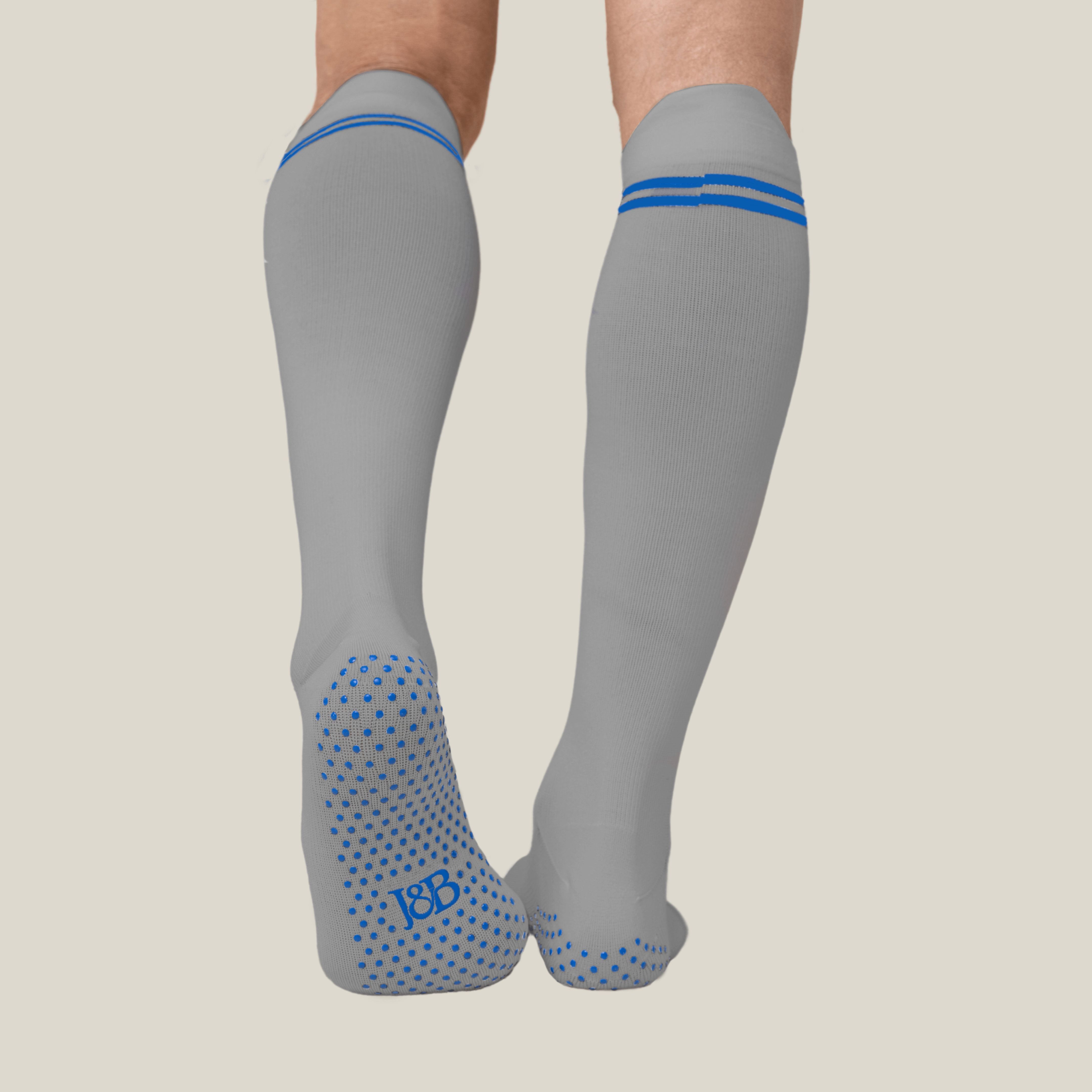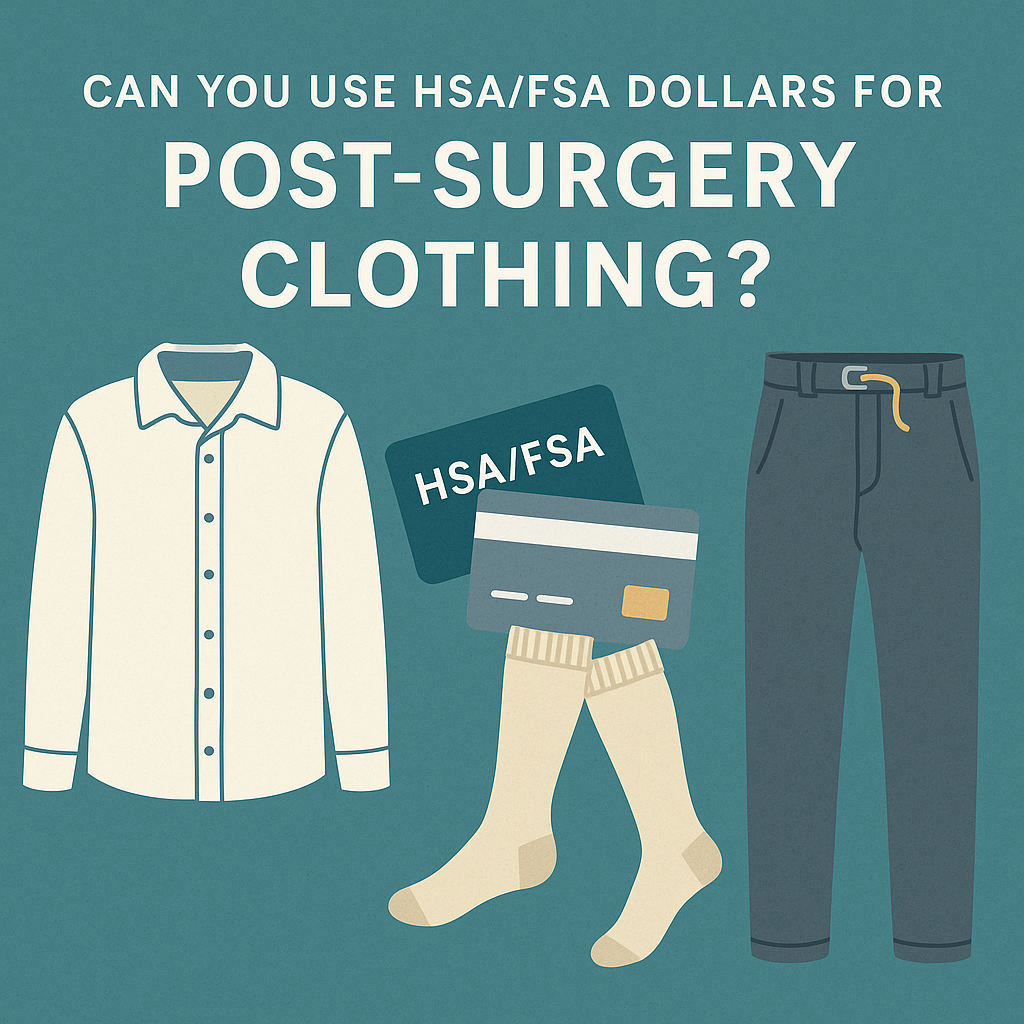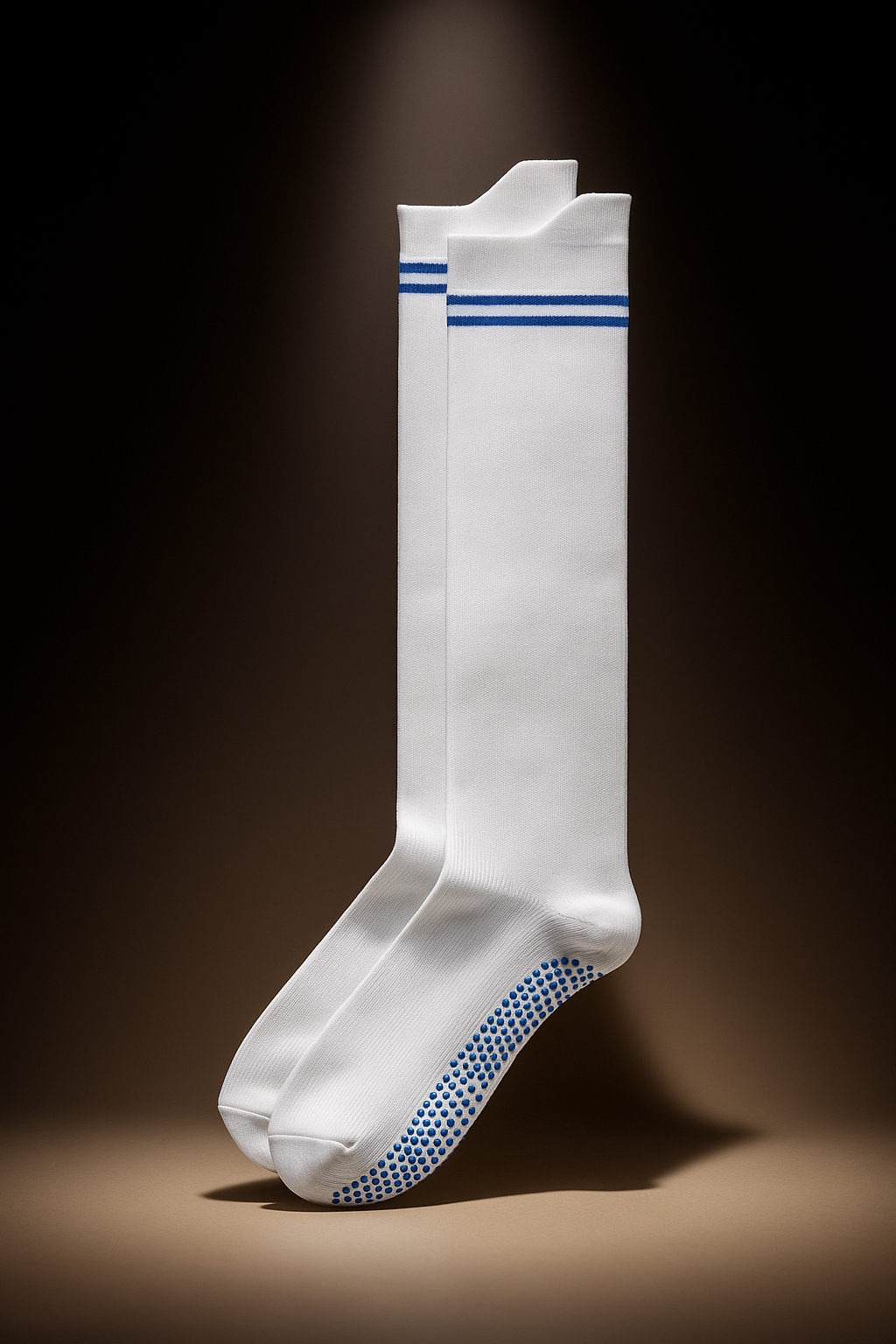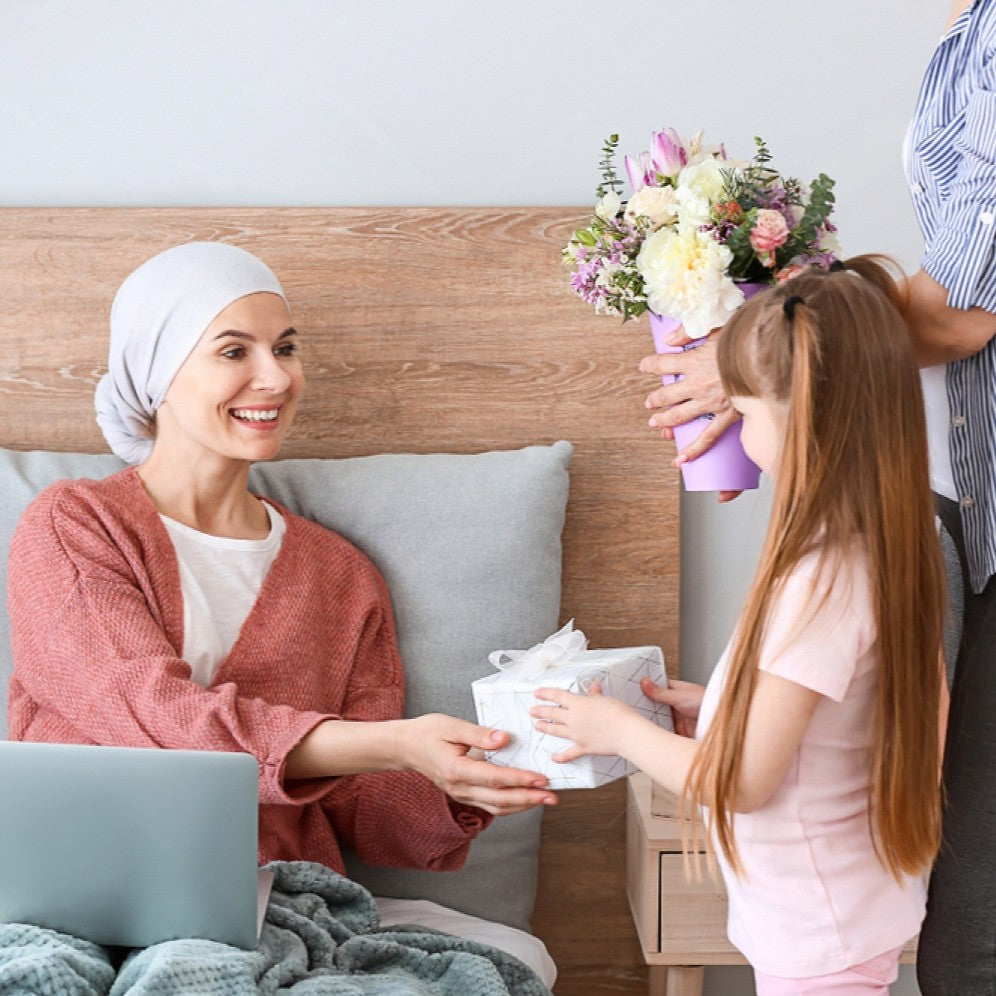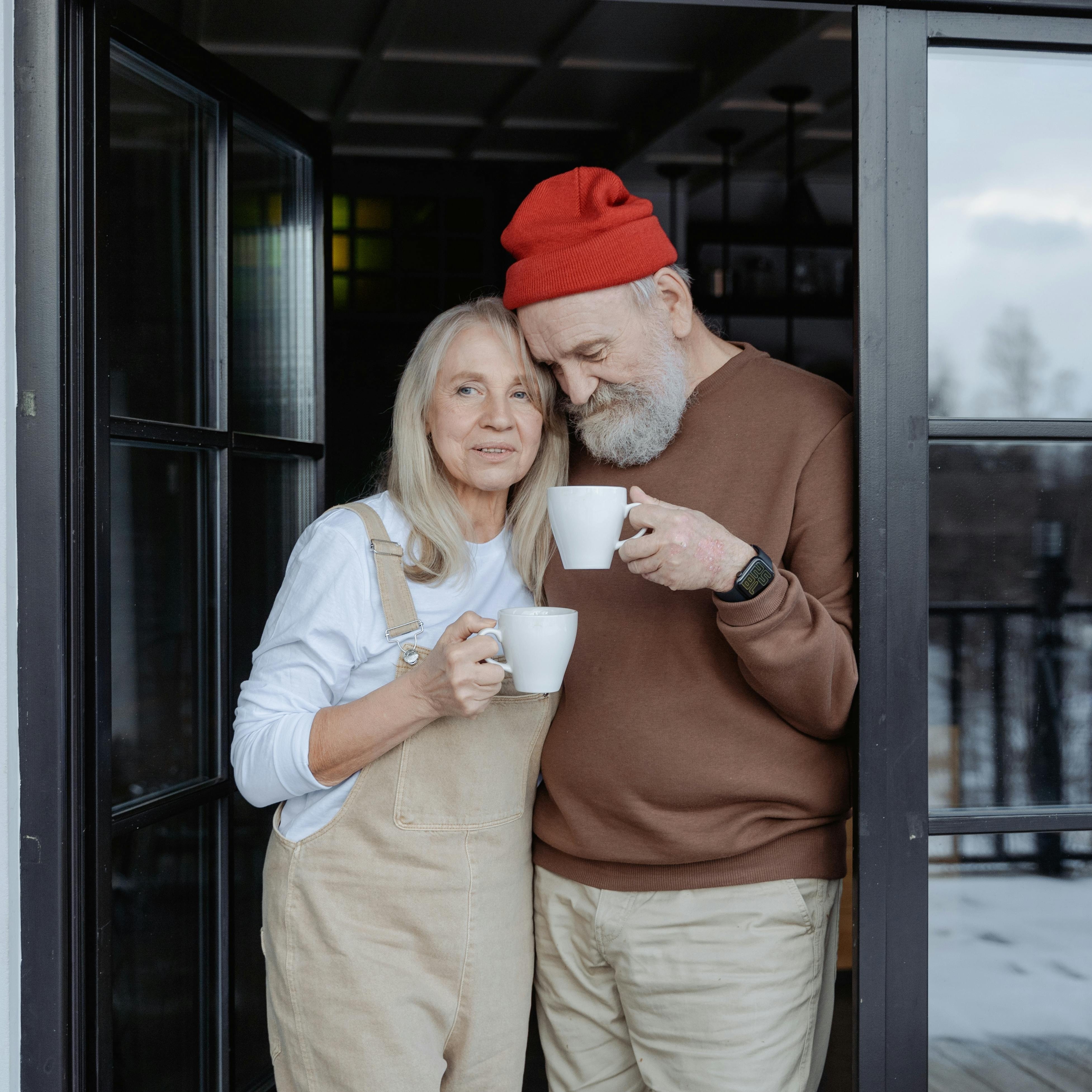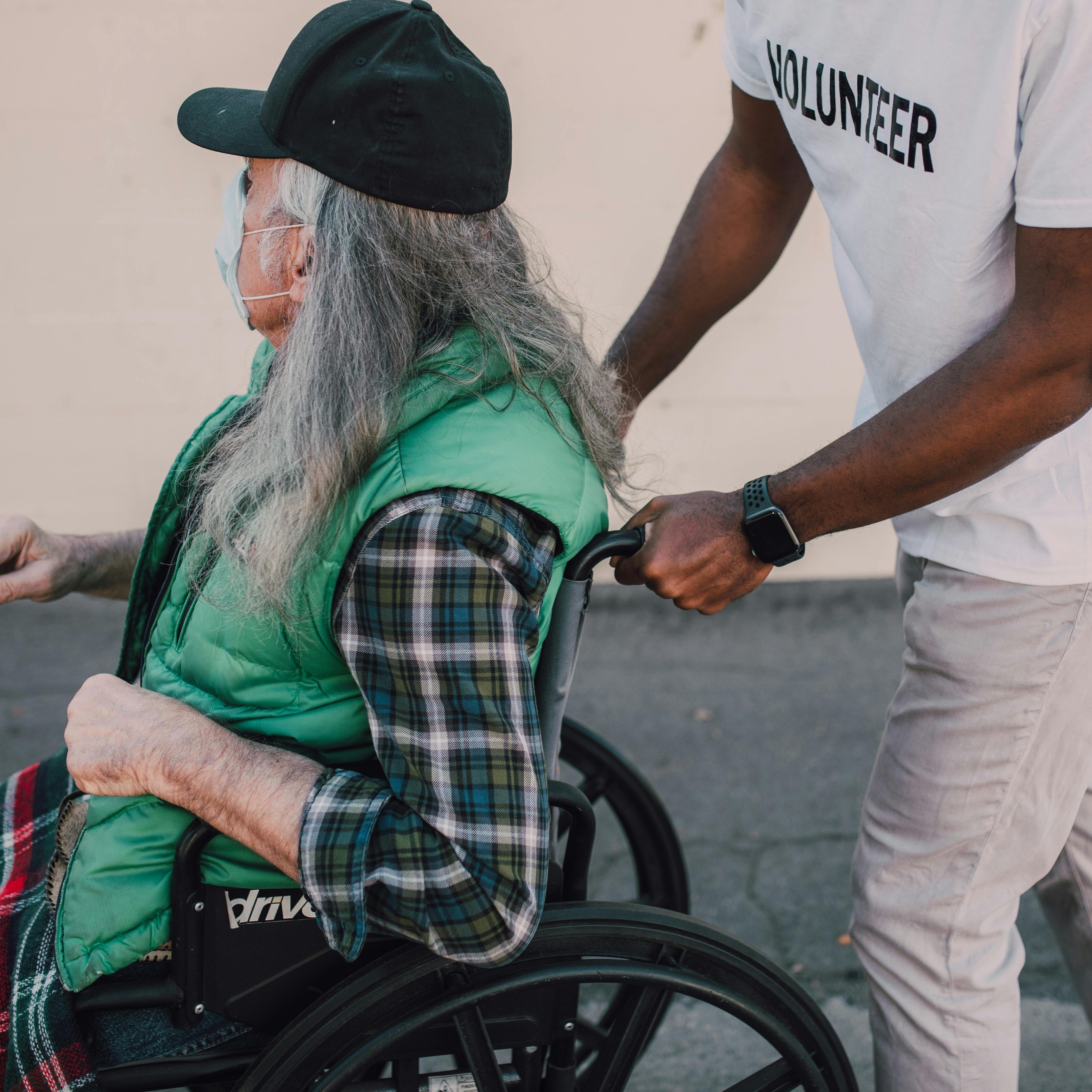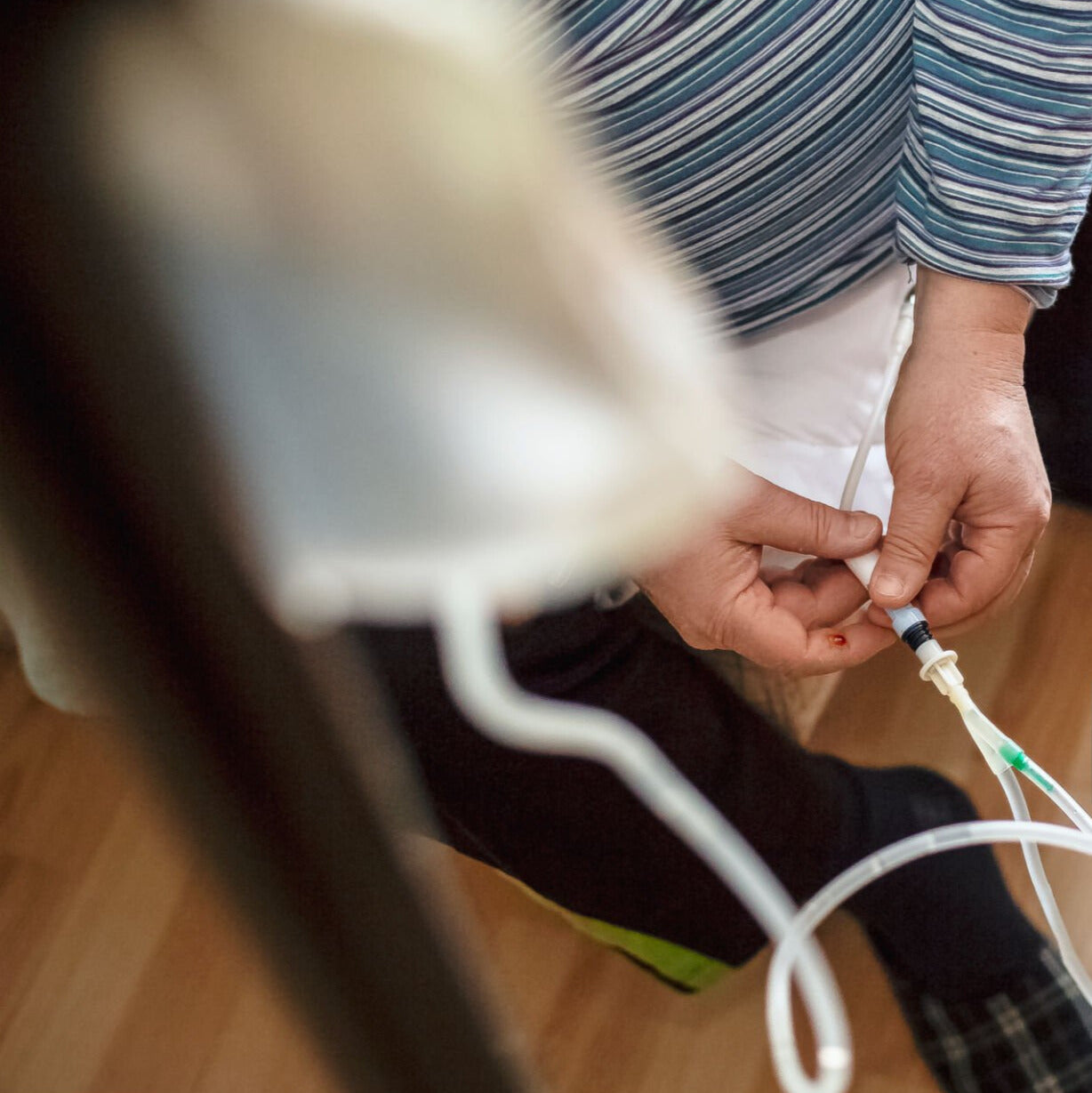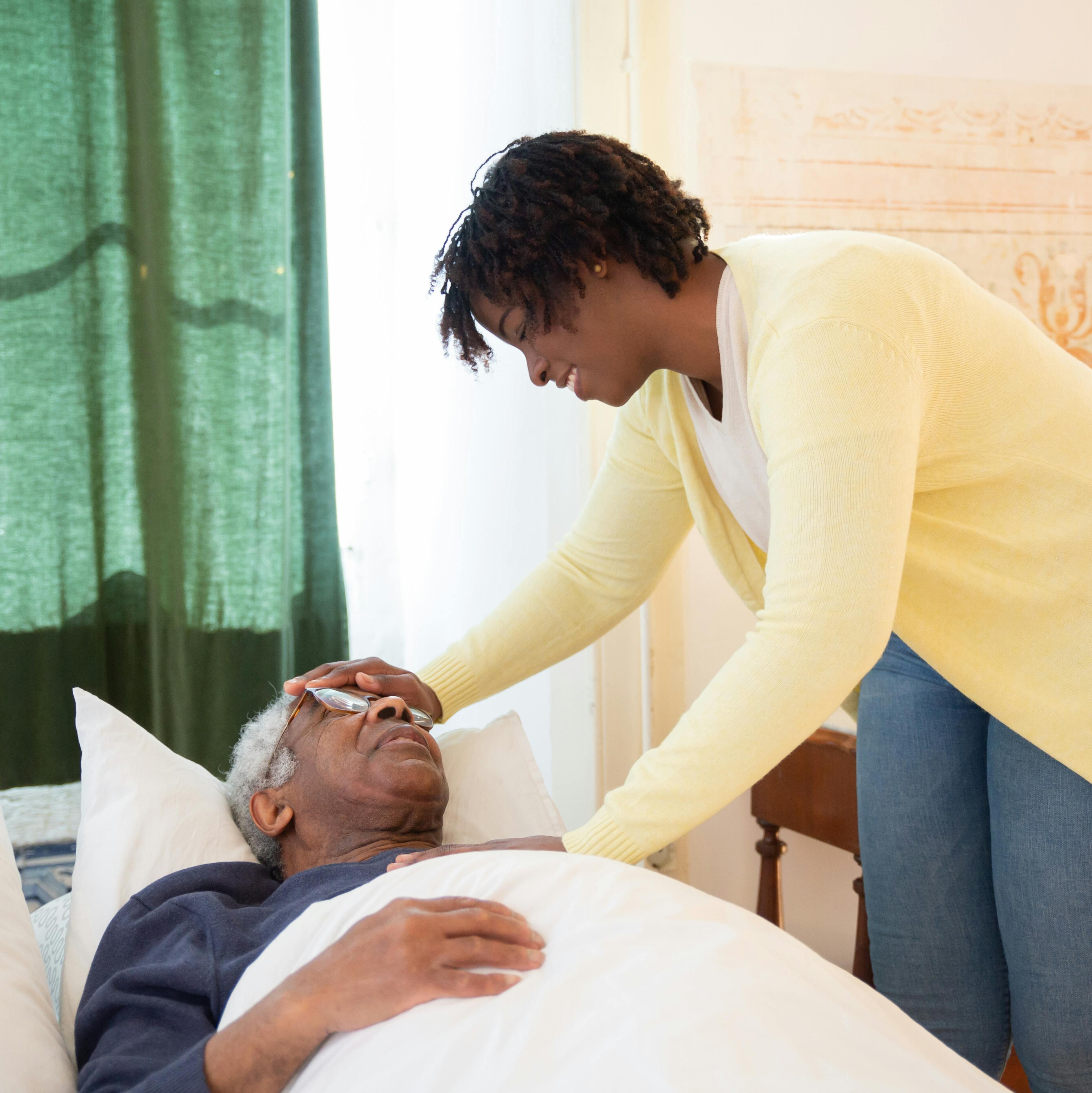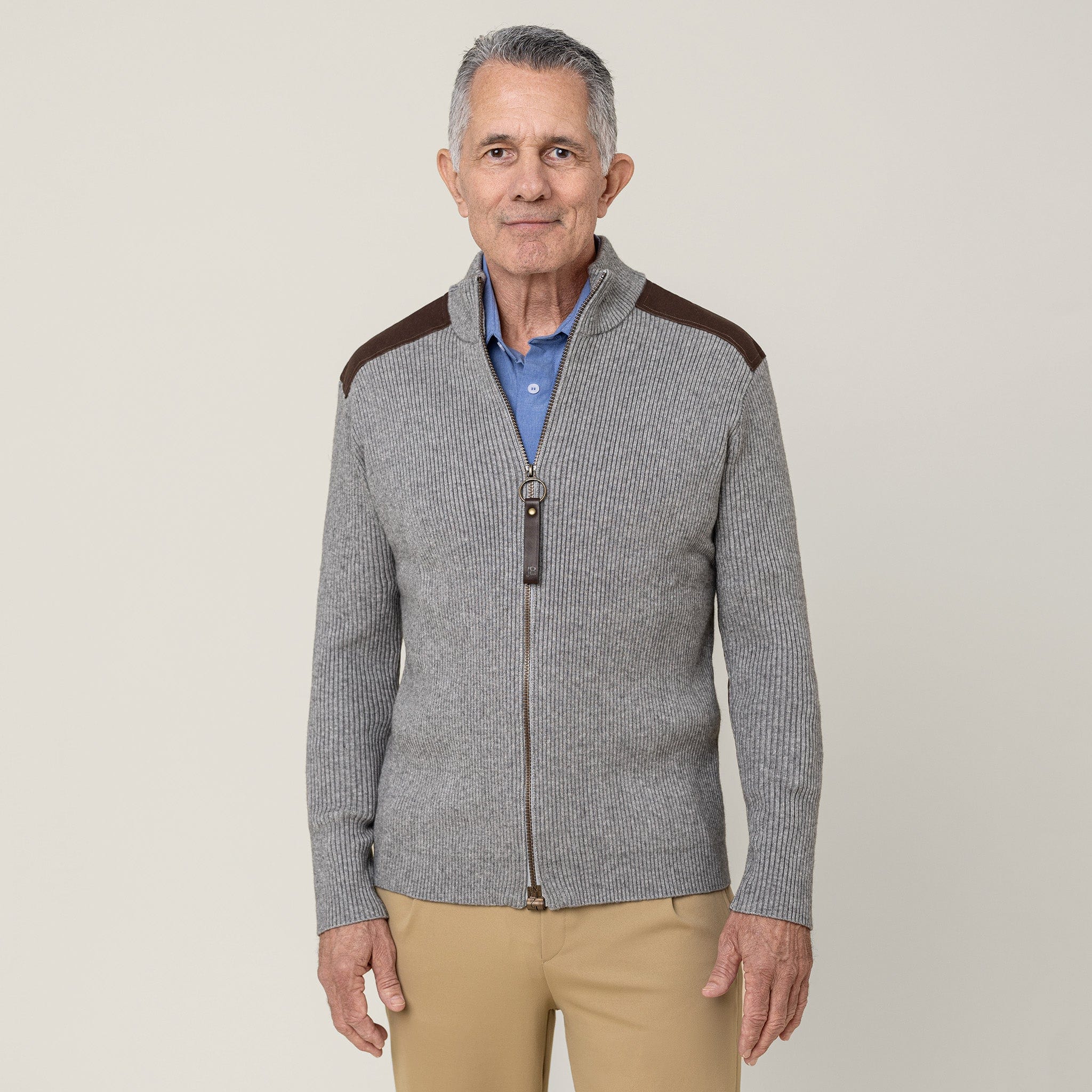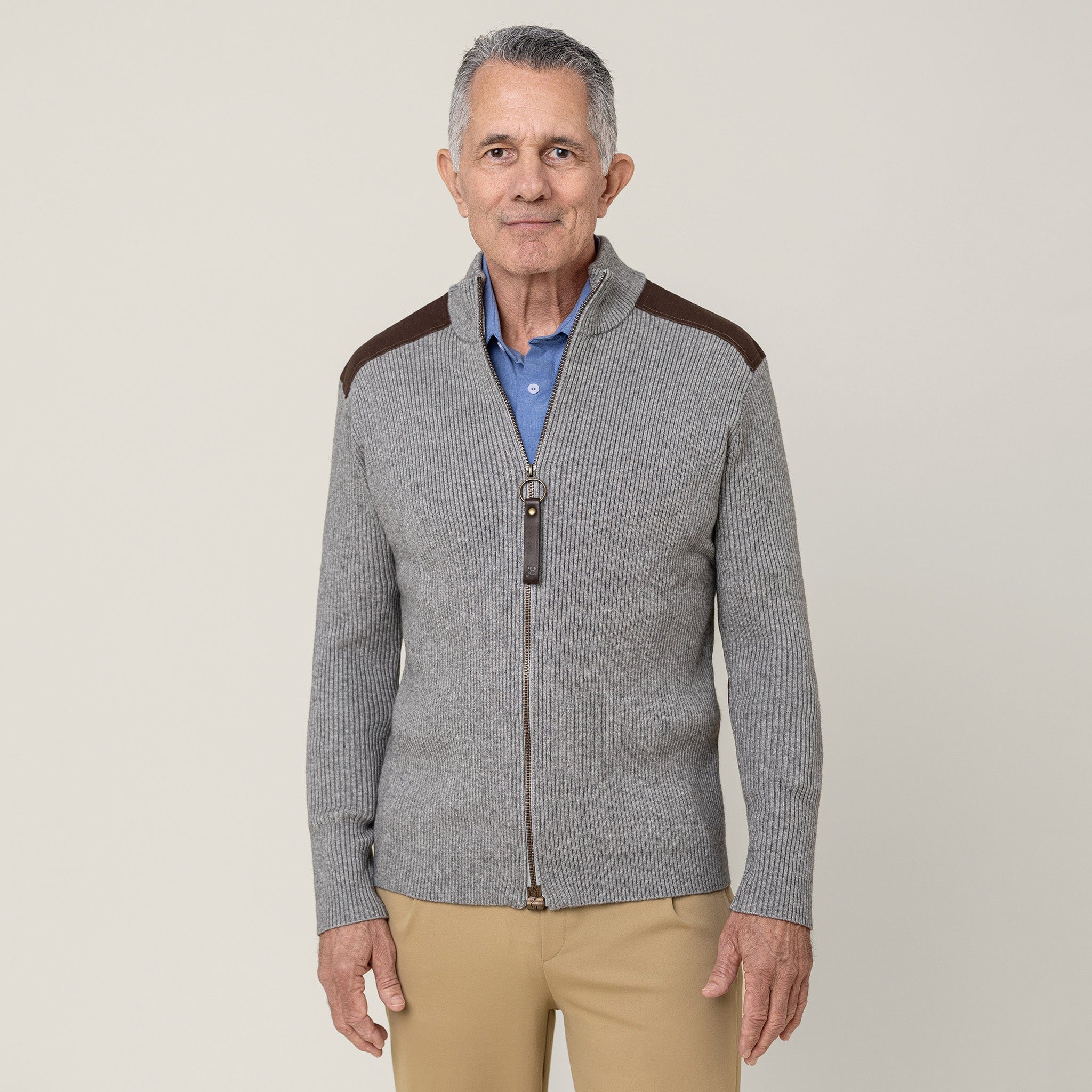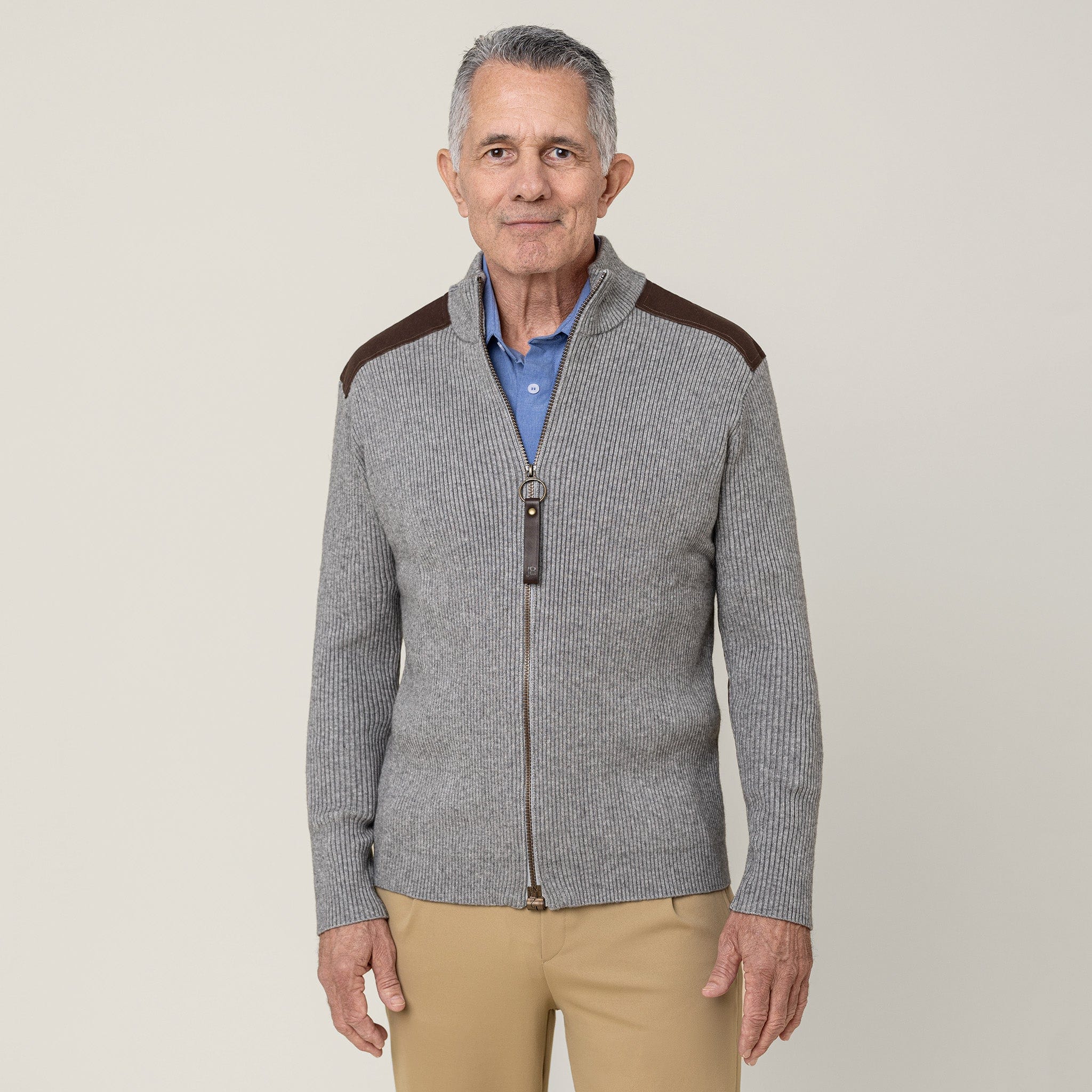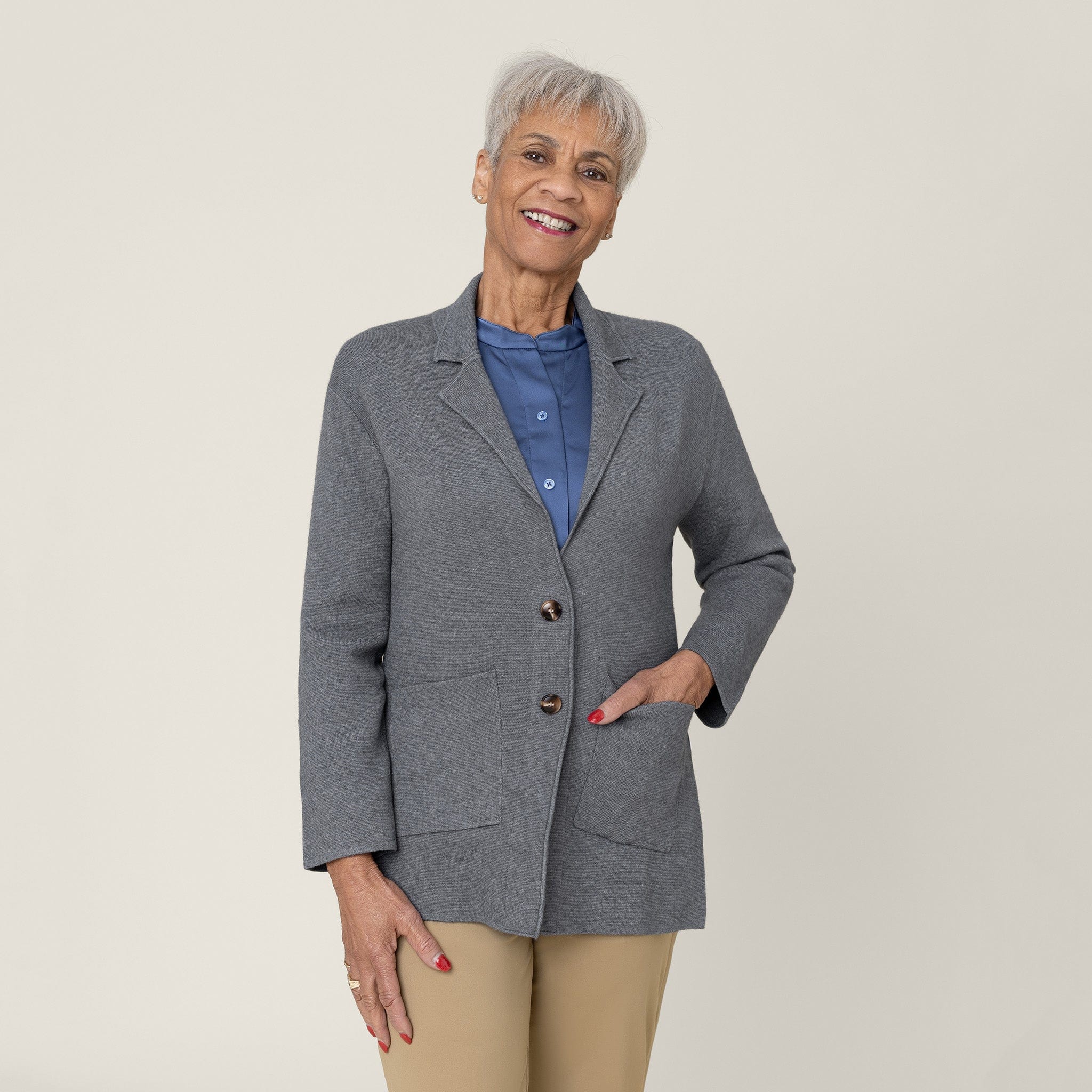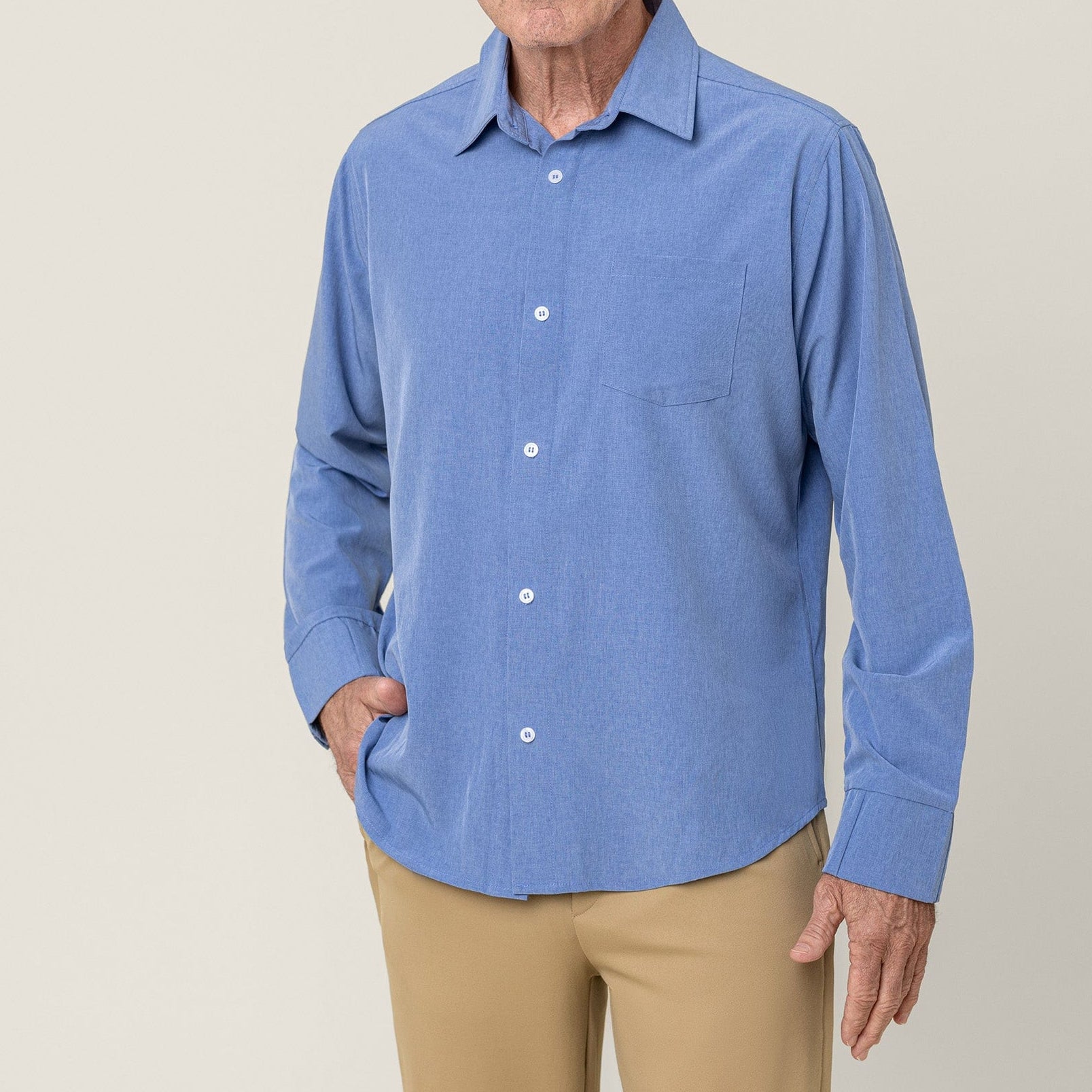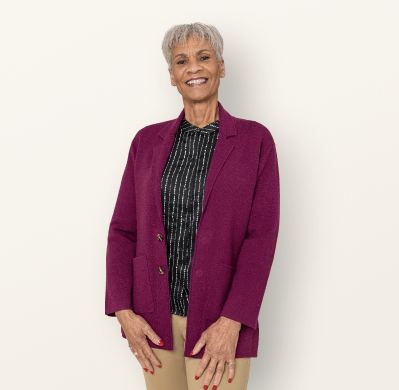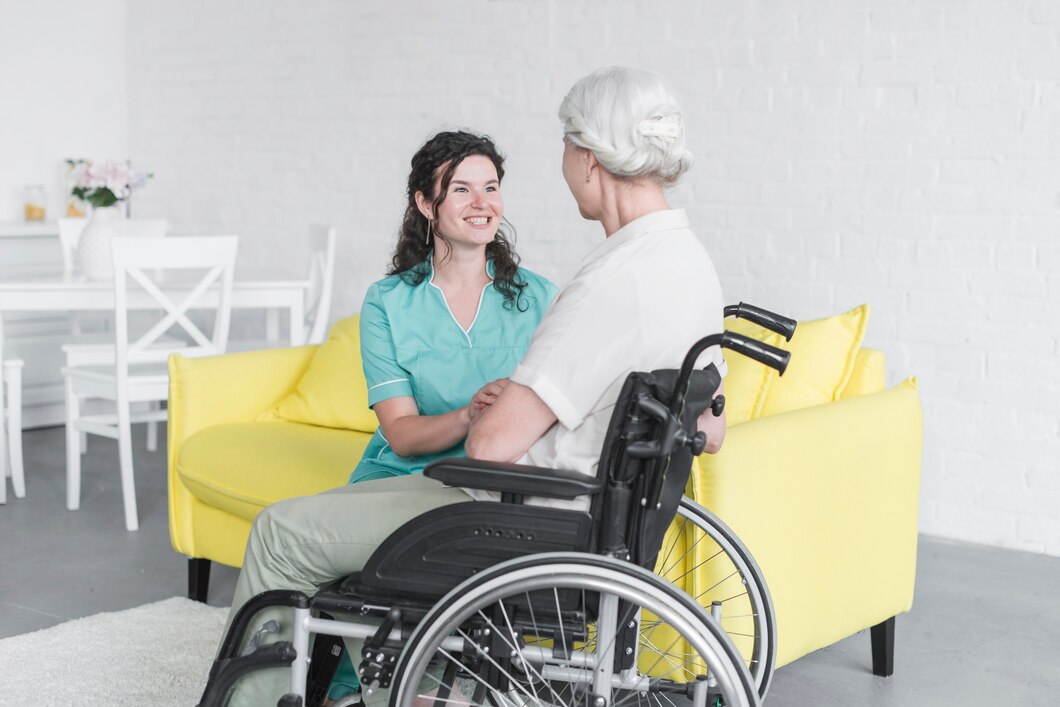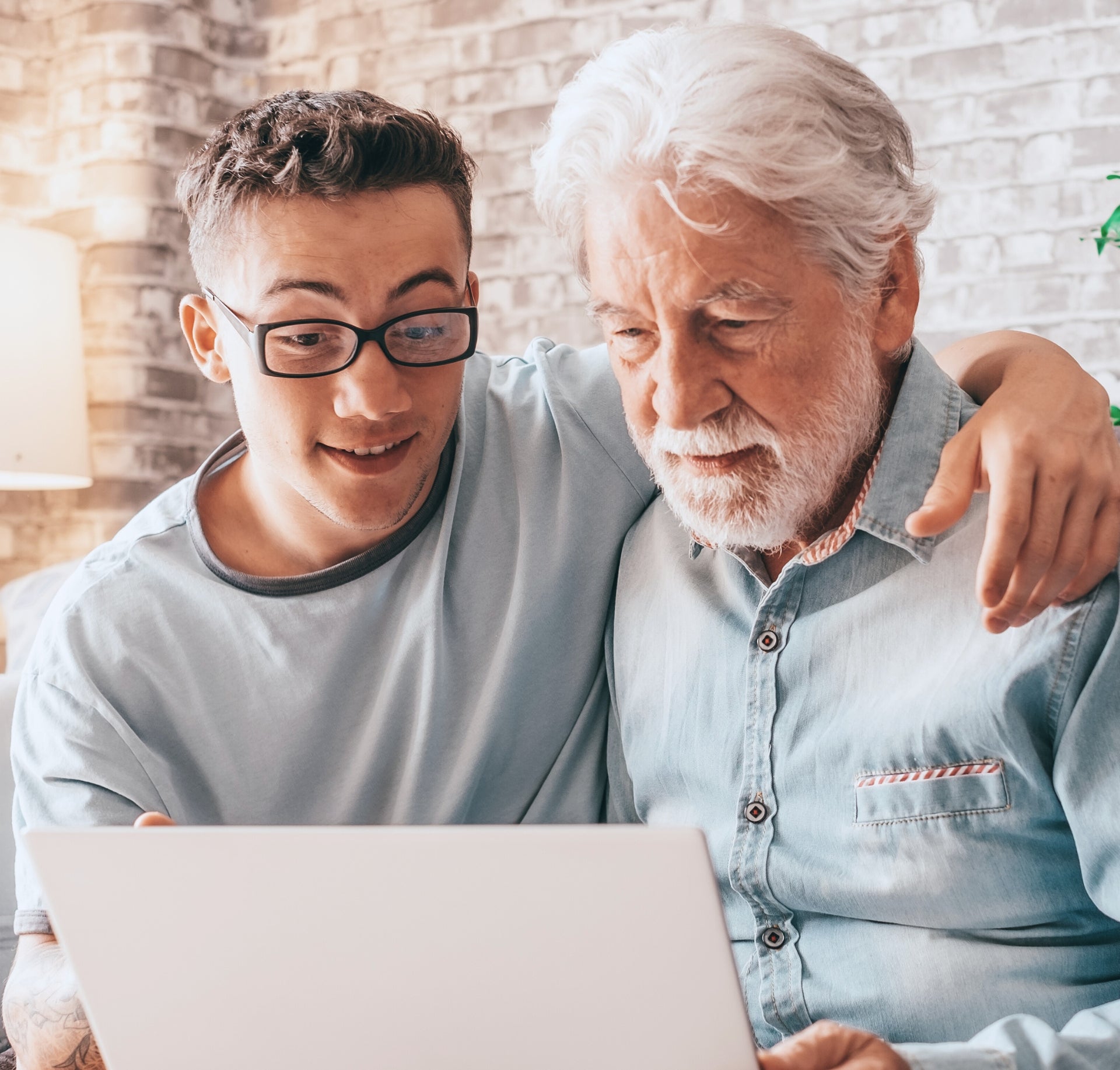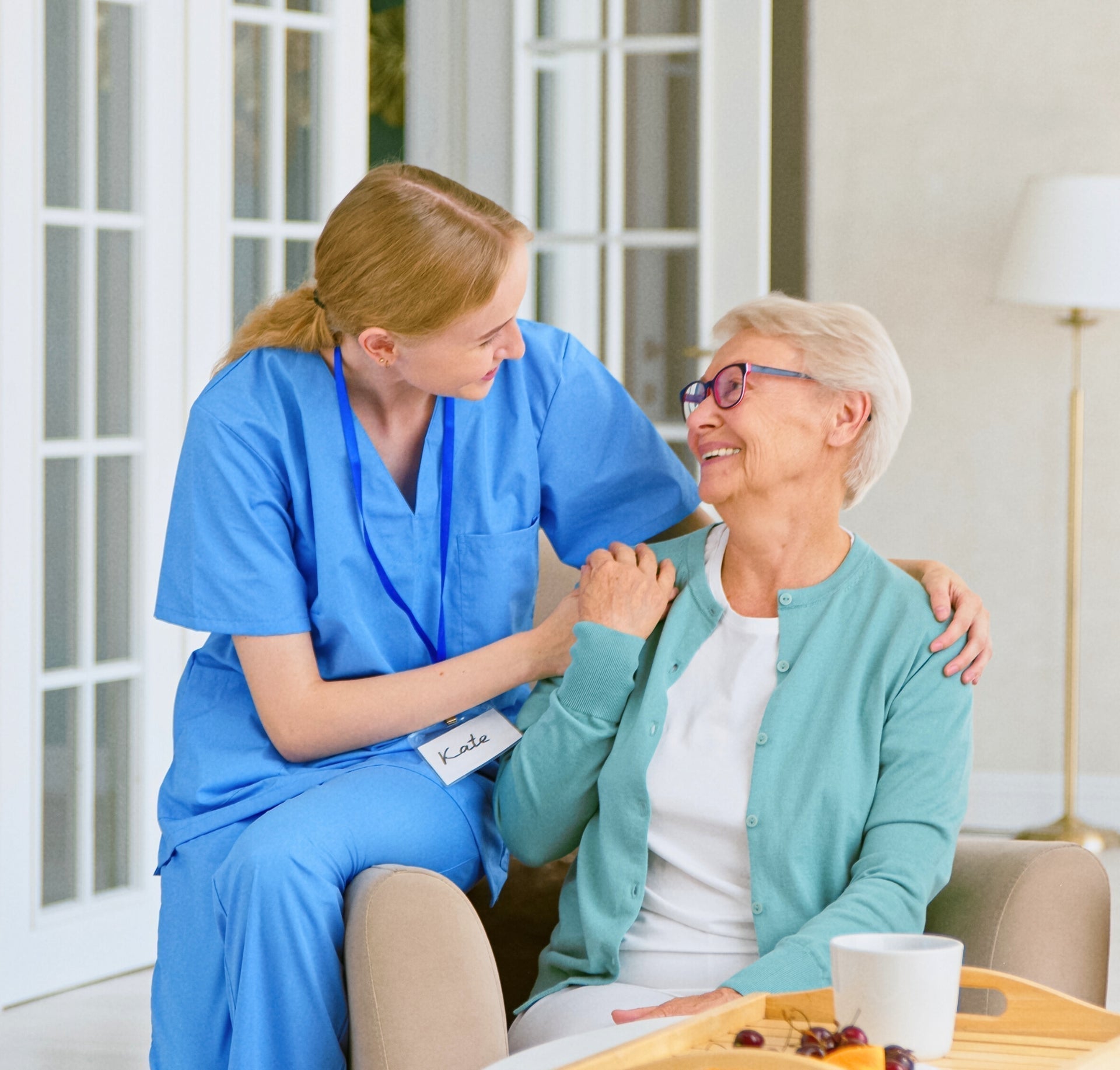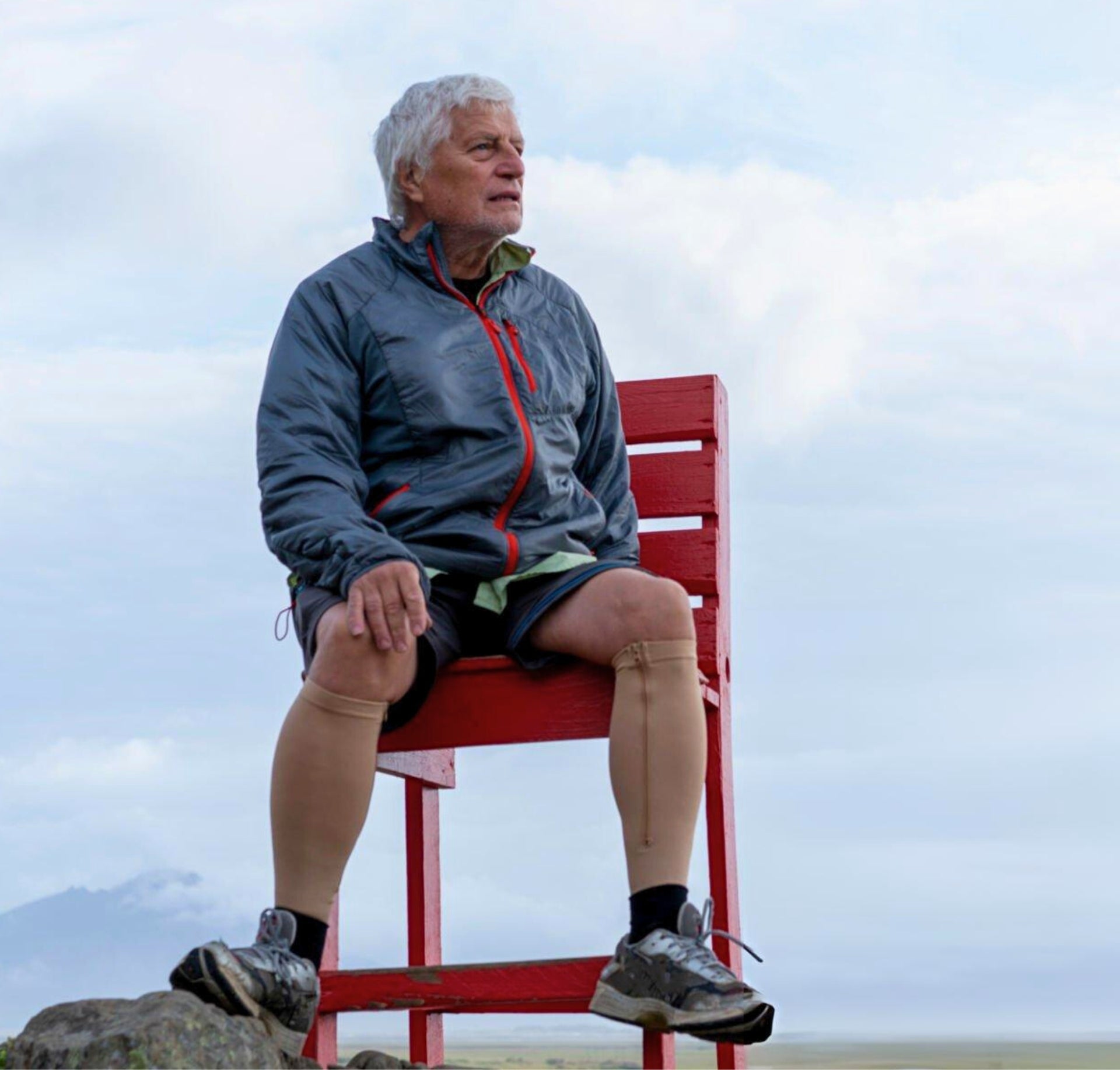Joy Johnston did not expect that she would become a full-time caregiver for her mother soon after her father died of dementia. But she persevered, uprooting her life and moving cross-country to care for her mom. Her memoir, The Reluctant Caregiver: Missives from the Caregiving Minefields, provides a fresh perspective on how to provide care even if you’re not a natural caregiver. Joy’s writings also highlight the challenges involved in long-distance and rural caregiving.
Below is the second part of a conversation we had about her caregiving experiences. You can read the first half of the interview here. It has been edited for length and clarity.

Ben: Were there times when your reluctance overwhelmed you?
Joy: Yes. There were definitely times that I wish I could have stepped away or at least have gotten more of a break. I think that would have been good for me and my mother. I think we needed a break from each other. I certainly don't put it all on her. She was the one recovering from major cancer surgery, so she definitely had a good excuse for being ornery. I didn't. There just weren’t enough home health-care services available in her small community. There were people in the community that could come in and sit with my mom for an afternoon, a couple of hours, and I could have taken that break. I could have gone for a walk. I could have gone to a cafe to read. I needed more breaks. And that's why respite care is another big issue that I'm a proponent of. I want to expand respite-care services and encourage caregivers to take that time away. It really is critical.
Ben: How did caring for your mom impact your relationship? Did you experience any sort of joy?
Joy: There were definitely good moments. Ultimately, I know my mom was very appreciative of the care that I provided, and I know she needed it. It was a big sacrifice for me to quit my job and move across the country. She would talk me up all the time to the other caregivers. Yes, we had our difficult moments, many difficult moments. But no, I know she was deeply grateful, especially at the end when I came back to tend to her for the last month of her life. We were in a good place, even though it was a horrible situation because my mother's pain wasn't being managed. There was a lot of struggle going on there. Whatever issues we had were kind of released by that point. So ultimately, I know my mom was very grateful for the care I provided and I am glad that I was able to provide that care. I think she deserved that.
I think, as you get older, you realize some of the things that used to upset you so much, like the way that relatives interact with you or treat you are less important. Sometimes you learn things about them or about just life itself, and you realize that you can cut them more of a break, because you go through things, too. We all go through things and collect baggage along the way. The passage of time gives a different perspective. I don't harbor bitterness or anger, but at the same time, it doesn't take away from the things I talk about in my book that were very real and that were a real challenge. My point in writing the book was hopefully to allow other people to recognize that it's okay if you have a strained relationship with your loved ones that you're caring for -- you can still manage it. And if you feel like you are at the point where you can't manage it, then you definitely need to bring in that outside help.
Ben: When did you start writing about all of this?
Joy: I was writing about it even before my father passed. When he died at the end of 2011, I was inspired to write more. And for me, my natural instinct when grieving is to write. I needed to unleash my emotions, and my natural instinct is to write because I'm a journalist and that's what I do. So I started a blog called "The Memories Project," and I decided I was going to write a memory a day for a year in memory of my father. It was a little gimmicky. But for me, it was just kind of a way to reconnect with my father and keep his spirit alive. And it was a good experience. Around this time my mom was diagnosed with cancer, which did impact my writing schedule. And so I had to pivot a little bit, but I still kept up with the blog. It's really blossomed into a wonderful Alzheimer's caregiver community blog and is part of the AlzAuthors network. So I'm really happy with the way it's evolved over the years. And I still write. I post a blog entry weekly or share someone else's blog weekly and I cover Alzheimer's care and caregiver issues.
Ben: What are some of the kind of core pieces of advice you give to new caregivers?
Joy: I think it's really important for people to think about elder-care issues before they face it on a personal level. It's always easier to do it beforehand. I say this, by the way, having not done it myself. There's only so much that you can do ahead of time. It's a very uncomfortable topic for a lot of people, but I really encourage people to sit down with their loved ones and go over the information about end-of-life care. Do they have a will? What are their health-care wishes and end-of-life care wishes? These are really important things. It's a very touchy topic, especially for Americans. But if the pandemic has taught us anything, it's that end-of-life planning is not just for elders. It's really important to have these things in place and to let your wishes be known, even if it's not formally in writing, at least to communicate to your loved ones what you want because you don't want to end up in a situation where you know your care is being decided either by strangers and the hospital or in a very haphazard way by your relatives who are emotionally distraught.
I write in my book about how difficult it was to get my mom to sign off on my father's do-not-resuscitate order because she felt it was like giving up on him. And for me, it was releasing him from the misery he was suffering with dementia. Those are valid perspectives. But yes, you don't want to be dealing with that when you know your loved one is hooked up to a ventilator or induced into a coma like my father was. So I would suggest people talk ahead of time and try to get that in order. I would also suggest people think about aging in place. That's what everyone wants to do, right? Or that's what most people want to do. But where are your loved ones living? Are they going to be able to age in place successfully? So start the research now. A lot of that can be done online. Find out what medical services are available. What are the ratings of nearby hospitals and medical facilities? What I learned was, wow, in a rural setting, there's often not enough staffing. And, there aren’t enough medical services and testing that normally would be done in higher-population areas. So you might have to travel hours away to get proper treatment and care, and you have to really think hard if that burden is worth remaining in your home.
For instance, my father needed a specific test and the specialists that did it only visited the hospital once a week, which made it a logistical challenge. Really think about the amount of support you or your loved ones have in their community. Do they have capable and reliable friends and family who can help? Is there enough of a support system there where they can successfully age in their home? Because obviously, I think that's the preference for most people.
And if you decide that a long-term community is a better option, make sure you do your due diligence and find the right place for you and your loved one. I had to do that on the fly for my mother when she was recovering from her cancer surgery. And that was not a good experience. I was completely stressed out — no sleep. And then I'm walking through skilled-nursing facilities with the weight of the world on my shoulders. Not a good situation. You may think that your loved one will never end up in a facility. But as I've demonstrated, sometimes you don't realize which way care is going to go, and your loved ones may end up temporarily at a skilled facility just to rehab and then they may end up going home.
You want your loved one in a good facility because that makes all the difference in their recovery. And then finally, again, it's a topic no one likes to talk about: finances. Caregiving is expensive. It is so expensive, and it doesn't matter whether you're doing it at home or in a facility, you will be floored by how expensive it is and how much is not covered by Medicare or other insurance. It is devastating. It was absolutely devastating to me financially. And even if you don't have to give up your job, you may have to cut back hours. You're going to have several thousand dollars of out-of-pocket expenses. That's pretty typical. Most Americans don't have that much in savings.
So, where is that money going to come from? It's going on a credit card, probably. And then you have credit-card debt, which is what I ended up with. I'm finally going to be able to pay off that credit-card debt. Finally, five years after my mother passed, I'm nearly out of debt. So that's how devastating it is. And now my retirement savings are not nearly enough because of the year I wasn't working. I was only doing freelance work, so I wasn't contributing to my 401K. You can't forget about the fact that you have to pay for your own expenses on top of your loved one's expenses. And unfortunately, life doesn't stop when you're a caregiver. Things are still going to happen. Your car is going to break down or your water heater is going to bust. I can't imagine people dealing with elder care and then you have the kids at home needing braces and saving for college and all the other expenses that come with raising a family. I'm a big proponent for increasing family caregiver financial support. It is absolutely a job and it should be treated as a job. And we definitely need to make sure that caregivers are not left bankrupt because they're doing the right thing.
Ben: I've spoken to other people in similar spots like you who are doing something totally different with their lives and then they were thrown into this caregiving world and then they stayed in it, even after their caregiving duties ended. Are you surprised you're still so involved in caregiving right now? And what's that experience like for you today and moving forward as caregiver advocate instead of as a caregiver?
Joy: I think it's actually been positive. If there's one thing I can take away from my caregiving experience for my parents is that I've become a caregiver advocate and I'm hopefully contributing in some way to raising awareness of the important issues surrounding caregiving. And so that has definitely been a positive for me. I'm glad to be involved. It can be overwhelming emotionally to read devastating stories from fellow caregivers. I now have the luxury to step away. I'm not caring for someone 24-7 anymore. I can turn off social media if I need to. I feel like I've found my life's mission. Caregiving is everything. I think we've learned through the pandemic that getting good care is absolutely critical. And we've learned so much about life and death issues. Care is absolutely essential to life. And so it is one of the most important aspects of our being. So I'm really thrilled that I can give back in any way that I can. And yes, I absolutely hope to continue in this field. I would love to eventually transition fully into a caregiver advocate role. I just hope that I can continue contributing to move the conversation forward.






